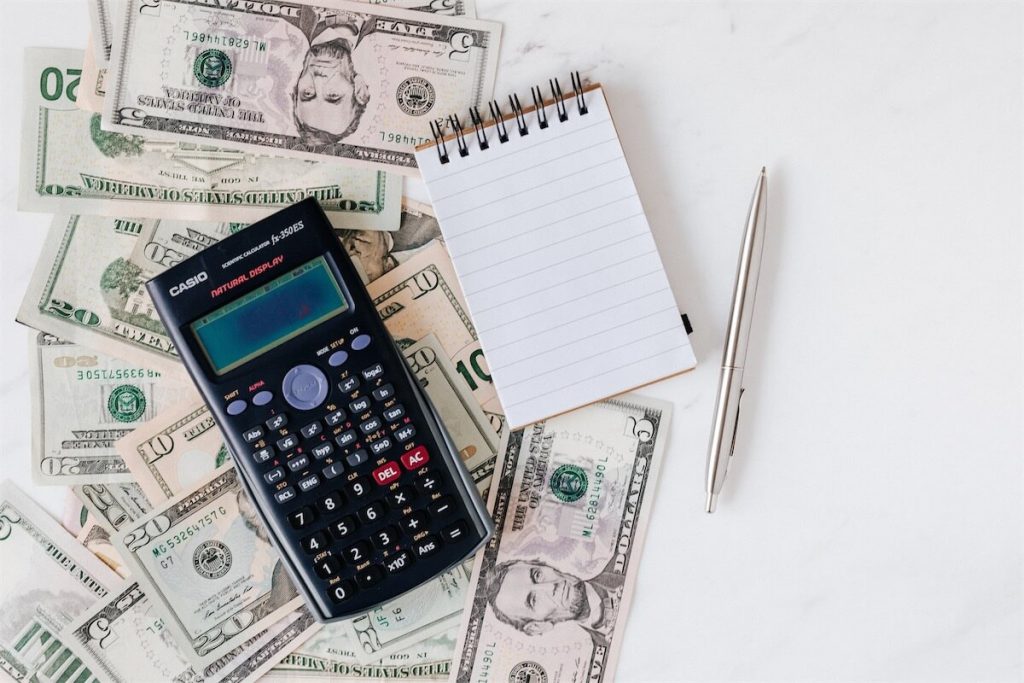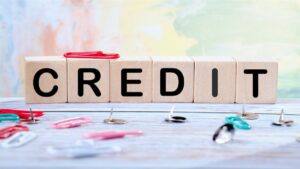In the eyes of many Singaporeans, the ownership of private property may symbolise prestige that elevates one’s social standing. Yet, beyond the intangible aspects, owning private property in Singapore offers a key advantage — Cash out / Equity loan.
Read on to find out whether the costs outweigh the benefits.
What does Cash Out / Equity Loan mean?
Cash out / Equity Loan, also known as reverse mortgage, allows you to use your private property as collateral to take out a loan from the bank.
This enables you to make the most out of your property’s value and secure return-on-capital gains without having to put your home up for sale.
Singaporeans who opt for cash out refi do it for diverse reasons. They may use the money borrowed to generate wealth through investments, to start a business, to build their retirement nest eggs or simply to fund their children’s expenses. It could even be used to conquer any debt mountains.
How much loan can you take out under cash out refinancing?
While you can borrow up to 75% of the value of your property, you’ll have to deduct any outstanding loans on your property, as well as the funds used from the CPF Account.

Here’s an example:
Ms Lin has a condominium valued at $2 million with an outstanding loan amount of $200,000 on the condominium. She has used $650,000 of CPF monies to finance the condominium.
She’s eligible to take out a bank loan of (75% of $2,000,000) – $200,000 – $650,000 = $650,000.
If not for a cash out refi, taking out such a big loan via other means would most likely be improbable.
However, it’s necessary to note that some banks may have their own set of regulations when it comes to cash out refi. Conditions such as your financial portfolio and your job history may affect your application for a cash out refi.
You’ll also have to factor in the payment for administrative fees (legal fees, valuation fees, etc.) that can go up to $3,000.
What are the advantages of Cash Out Refinancing?
Cash out refi is a great tool that can grant you a big bank loan at the lowest interest rates.
With interest rates ranging between 1.3% to 1.6% p.a., it’s notably lower than that of other loans. Personal loans and business loans have interest rates that can go as high as 6% p.a.
Furthermore, due to the low-interest rates of cash out refi, should you have a mountain of debt, you can use the money borrowed through cash out refi to repay it.
By doing so, you can pay off all your different debts with a single loan and thereafter concentrate your efforts on paying back that one loan.
Learn more about interest-offset mortgage here.
What are the drawbacks of Cash Out Refinancing?
Your house is at stake. When you use your property as collateral, you’re pledging it as security to repay a loan.
In the event of a default, your house will be repossessed by the bank, and you’ll no longer have a roof over your head.

Even though cash out refi may be attractive, this scheme has high risks involved. It’s one that could have severe consequences. Additionally, people who take up cash out refi need to have a certain level of self-discipline. This is because cash out refi presents them with a financial bonanza.
Those who do not know how to manage their money well may end up spending the extra cash they have on hand extravagantly.
When should you use Cash Out Refinancing?
There are several situations where cash out refi is applicable and advantageous:
| When | How |
|---|---|
| Debt consolidation | If you own an expensive condominium but are knee-deep in high-interest debt (personal loans, credit card debt etc.), cash out refi helps to prevent you from having to sell your property. |
| Low-cost capital | As new businesses may have difficulty getting a bank loan, cash out refi can help you obtain capital to start or expand a business. Using your flat as collateral for your business is only advisable if you have more than 1 home. |
| Medical emergencies | If your Medisave is depleted, or your insurance is insufficient, cash out refi is a cheaper option than a personal loan or credit lines. |
| Overseas studies | Cash out refi is a sizable alternative to education loans, but note that you’re risking your home to do this. |
While you can use cash out refi to fund non-essential, personal needs like buying a car or paying for a wedding, it’s unadvisable as your home can be foreclosed on if you can’t pay up.
Looking to avoid paying ABSD on your second property? Check out this article.
Thinking of buying a resale private property? We cover the steps here.

If you have any further queries, feel free to contact us for a chat. Here at FinanceGuru, we seek to help you better prepare for your finances and the upcoming milestones in your life. Get a non-obligatory assessment and loan product recommendations here.







